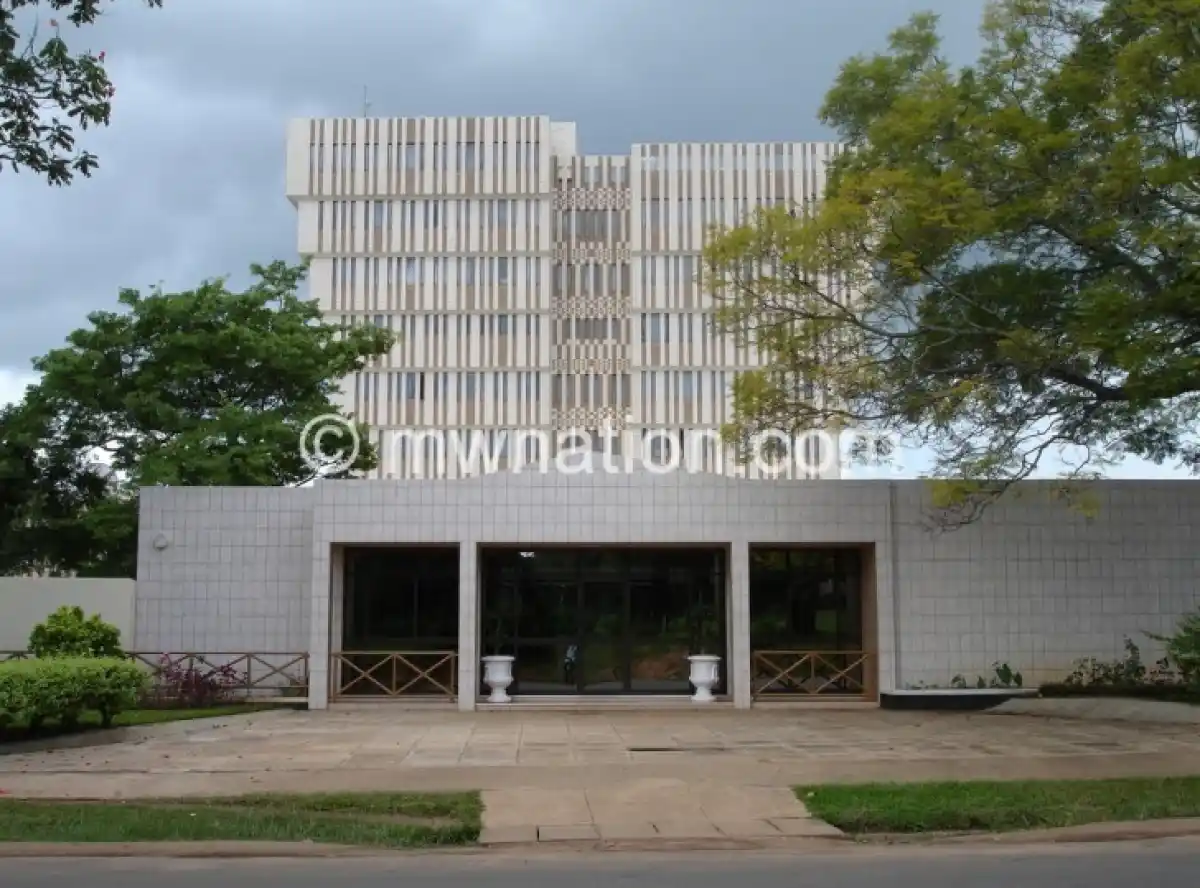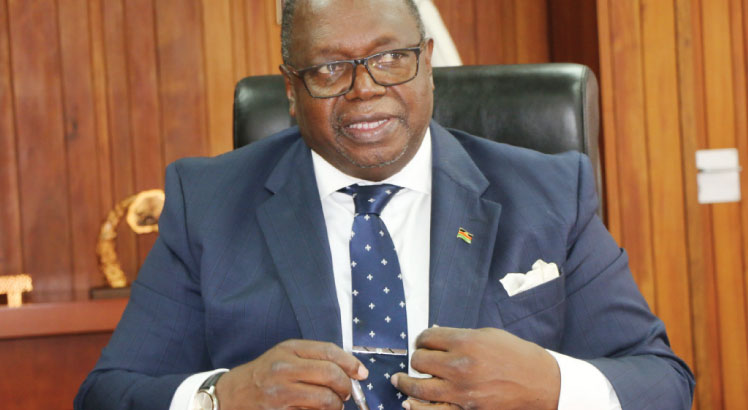
Reserve Bank of Malawi (RBM) says given the current economic environment, it will stick to a tight monetary policy that will translate into high policy rate and subsequent increased cost of borrowing.
The central bank’s Governor Wilson Banda said this in Blantyre yesterday on the sidelines of the launch of the Risk-Based Supervision Framework for Insurance Companies in Malawi.

While conceding that there is pressure on food prices and the kwacha exchange rate, he said tightening the monetary policy—an economic policy that manages the size and growth rate of the money supply in an economy—will ensure a sustained decline in domestic prices in the short-term.
Said Banda: “This has been a very difficult year with the El Nino at play which affected maize production in most parts of the Southern Region.
“As a result, most of the maize is being transported [into the deficit areas] and because of that, prices have been very high, translating into a sustained rise in inflation. We expect that as monetary authorities, we should not relent, but continue tightening monetary policy. We believe that come August, inflation will come down.”
He said any relaxation of monetary policy at this stage will not only undermine domestic prices, but also haunt Malawi in the further weakening of the kwacha, which he confirmed is under pressure from speculation arising from the black market.
The local unit, which is trading at an average of K2 400 to the dollar on the parallel market, was being traded at K1 751 on the official market at the close of business yesterday.
This is happening at a time inflation has continued to rise, increasing by 0.4 percentage points to 32.7 percent in May, according to published National Statistical Office data.
At its Second Monetary Policy Committee (MPC) last month, RBM kept the policy rate, a key driver of interest rates on loans, at 26 percent following the declining inflation, which has been on the increase in recent months.
In the face of high money supply growth, underperformance of the export sector and higher global oil prices, RBM had projected inflation rate to average 30 percent in 2024.
Last week, Mzuzu University economist Christopher Mbukwa observed that while authorities continue to find solutions to addressing high inflation, RBM’s decision to continue with a tight monetary policy could affect economic activities.
Consumers Association of Malawi executive director John Kapito feared that high interest rates would shrink trade, with most industries forced to close down, thereby threatening jobs.








0 Comments